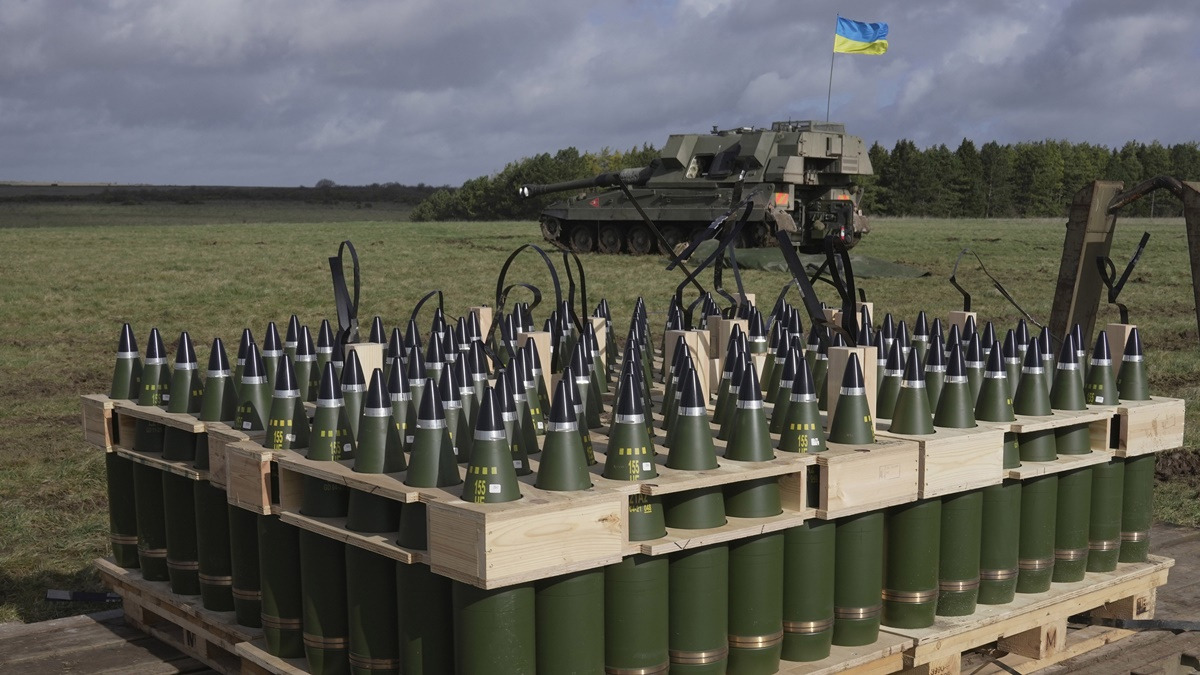A few weeks ago, the European Union was quick to prepare a solution on the growing ammunition shortage in Ukraine. Under the decision of the member states, the European Peace Facility, which is now directed towards war, will be swelled by 2 billion euros to fund two separate plans, the main aim being to send 1 million rounds of ammunition to Kyiv over the next 12 months.
It should be noted that while Hungary will pay into the fund, the country wishes to exercise its right of constructive abstention.
There was a compelling reason for the mad rush. Ukrainian arms stocks are dwindling, and Western supplies cannot replace artillery shells as fast as the Ukrainian army is using them up.
The biggest problem is the 155 mm rounds, which have proven the most effective so far in what is now clearly an artillery war. However, production capacity is very tight (Ukraine shoots the annual U.S. production volume in a month), and a problem has emerged that significantly reduces potential quantities: Arms manufacturers would insist on long-term contracts because of the huge investment risk, which governments in the U.S. and the EU are reluctant to sign.
This was the reaction of the head of Rheinmetall, Germany’s biggest defense company. According to Armin Papperger, the only way to increase capacity is for governments to dig much deeper into their pockets and start ordering ammunition for the long term.
“I don’t produce anything without a contract,” he said, and this is why there is a debate currently raging within the EU.
One billion euros from the European Peace Facility is reserved for countries that send weapons and ammunition to Ukraine from their own military equipment. The amount is intended as compensation to states to replace the equipment they donated. Confusion has already erupted in this area when Estonia submitted its own invoices to Brussels.
With unprecedented speed, the government of Kaja Kallas is handing over its old, worn-out weapons left over from the Soviet era, issuing an invoice for an amount that bears no relation to the value of the equipment given as aid, and then spending the extra on modern military technology. In the absence of regulation, Kallas’s trick is not illegal, but the fact that she has so far pocketed €134 million of European taxpayers’ money to develop her own national army not only raises serious moral problems but also reflects the lack of forethought, as well as either deliberate or accidental loopholes left open by Brussels.
The well-known “unity of discord” has therefore already stalled the implementation of the ambitious plan right from the start. On the key issue of common ammunition procurement, no progress has been made so far, despite the fact that representatives of the EU member states met again a few days ago to discuss the issue.
The fate of 155 mm ammunition is uncertain, and everyone is waiting for an agreement in the land of legendarily sluggish reactions. Meanwhile, the manufacturers are furious, the Ukrainians are furious, Brussels is furious, and the U.S. is furious.





